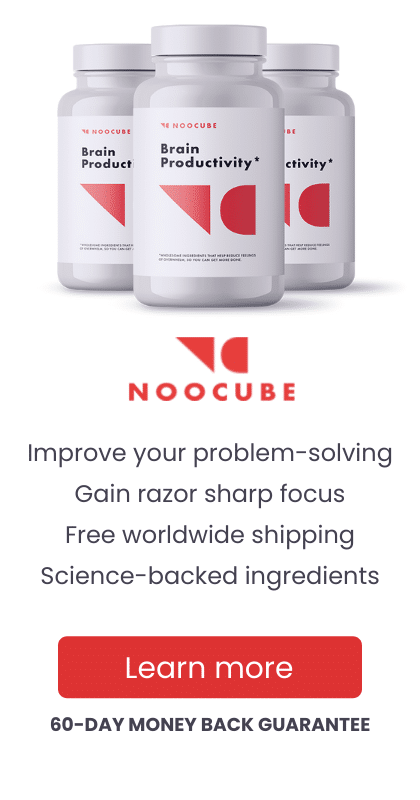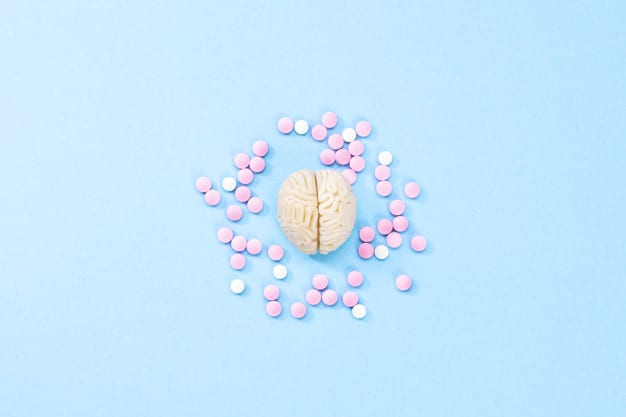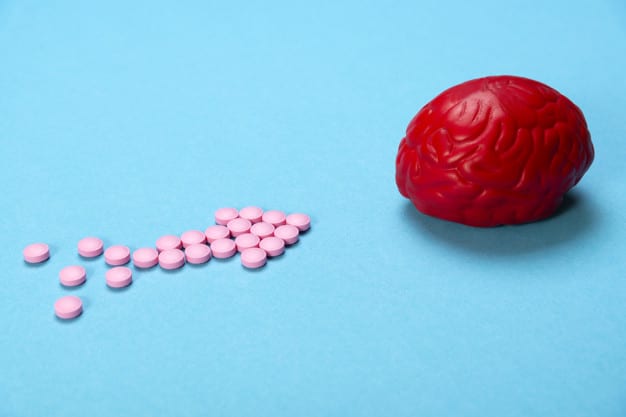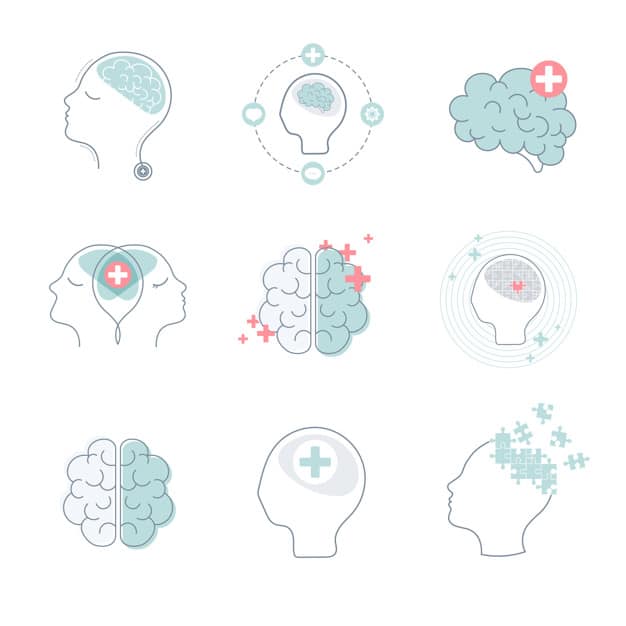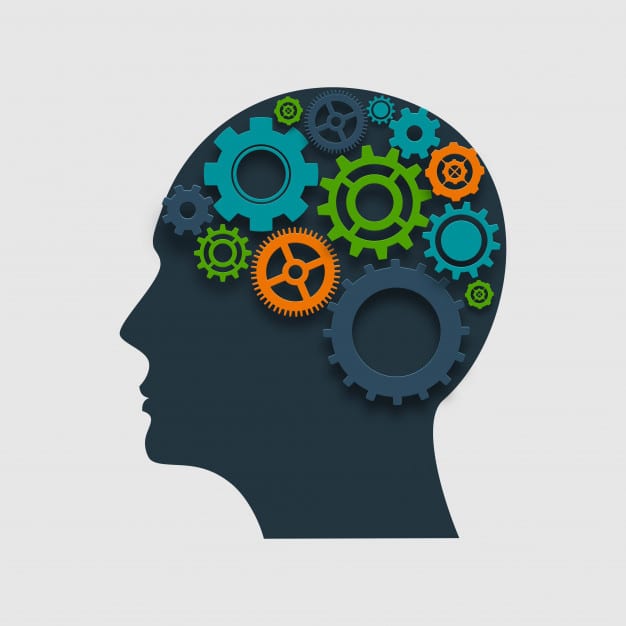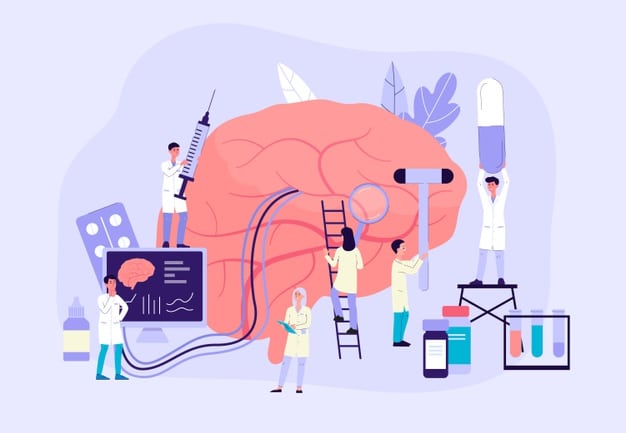Fasoracetam is a “racetam” drug believed to have some cognitive boosting properties. It’s said to be a nootropic that can enhance different cognitive functions and reverse some of the symptoms of neurodegenerative disorders like Alzheimer’s Disease.
Fasoracetam was developed by Nippon Shinyaku in the 1990s. The Japanese company developed the drug with the intention of treating vascular dementia, but they abandoned their research before they could complete phase 3 clinical trials. Several years later, NeuroFix bought the clinical data and restarted the trials. Today, Fasoracetam is under Aevi Genomic Medicine, which acquired the company NeuroFix. They continue to investigate the effects of Fasoracetam on anxiety, autism, ADHD, and other conditions. Most of these trials are in their early stages, so there's still no clear evidence pinpointing the efficacy of the drug.
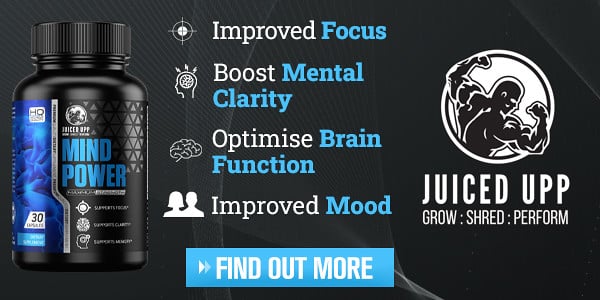
Nonetheless, the little data available on the nootropic is very promising. Several animal studies have demonstrated some of the potential uses and benefits of this “smart drug.” There’s also a good number of people who are already taking the drug despite the lack of exhaustive clinical trials. Some of the users are reporting a few improvements in cognition and mood. Sadly, it's hard to tell what the short and long-term effects of the drug could be without thorough clinical trials.
The nootropicis also known as NFC 1, NS-105, MDGN-001, and LAM 105. It is not approved by the FDA, but it's available on the market as a research chemical.
Working Mechanism
Preliminary data suggests several working mechanisms of Fasoracetam. According to some trials, Fasoracetam modulates the production of key neurotransmitters to enhance your brain functions. For instance, this animal study reported Fasoracetam increased the uptake of choline. Choline is a precursor to acetylcholine. Acetylcholine, on the other hand, is a neurotransmitter that aids learning, memory, and other brain functions. Therefore, an increase in choline uptake results in a boost in acetylcholine in the cerebral cortex, and this should improve your cognition.
Fasoracetam also activates metabotropic glutamate receptors or mGURs. This restores a healthy balance in the glutamate system, which means Fasoracetam may be beneficial in treating conditions such as ADHD, anxiety, and some mental disorders.
According to some in vitro data, Fasoracetam may also increase GABA or gamma-aminobutyric acid receptors in the cortex. This increases GABA levels in the brain and central nervous system, which may reduce anxiety and depression.
Uses and Benefits
Based on the limited data available at the moment, Fasoracetam may be useful for:
- Improving Memory
Fasoracetam can prevent memory loss and boost memory formation, storage, and retrieval. This has been observed in several animal studies involving both healthy and unhealthy rats. For instance, in this trial involving rats treated with baclofen, Fasoracetam helped fight memory loss issues.
Anecdotal evidence also shows some improvements in memory and overall cognition. This may be explained by the increase in acetylcholine induced by the drug. The nootropic also prevents activation of GABA-B receptors, which are known to impair memory and other brain functions.
- Relieving Anxiety and Depression
Psychiatric conditions like depression and anxiety are closely linked to unhealthy GABA and glutamate levels. Fasoracetam modulates both of these neurotransmitters to improve your mood, motivation, and a general feeling of well-being.
In this trial investigating the impact of the nootropic on learned helplessness in rats, the researchers observed powerful antidepressant effects.
Some users also report feeling calmer and more relaxed after taking the nootropic.
Additional human studies are necessary to fully understand the effects of NS105 on anxiety and depression.
- Treating ADHD
In this trial, 30 adolescents with ADHD were placed under the nootropic to investigate the potential efficacy of the drug. The subjects were aged between 12 and 17 years, and they also had glutamatergic gene network variants affecting their mGLUr neurotransmitter signaling. At the end of the study period, the researchers noted a significant improvement in several tests. There was also no difference between the group under treatment and the placebo in terms of adverse events.
Side Effects
The nootropic is generally well tolerated when used correctly, but it still has the potential to cause adverse reactions, especially when taken in high dosages. Due to the lack of exhaustive clinical trials, Fasoracetam may pose some serious long-term risks that remain unknown.
Some of the side effects reported by a few users are fatigue, headaches, and digestive discomfort. The drug can also slow your heart rate when taken in extremely high dosages.
Stick to the recommended dosages at all times to reduce the risk of developing adverse reactions. Anyone with an existing medical condition should consult a physician before taking the nootropic. Pregnant and nursing mothers should avoid it as well.
Dosage
There are no official Fasoracetam dosages. The guideline available at the moment is based on anecdotal experience and a few of the studies done so far. Based on this data, the nootropic may be beneficial and safe in oral dosages of between 100 and 800mg. You should start low and increase the dosage if necessary.
Fasoracetam can also be used sublingually. This method requires lower dosages since most of the drug ends up in your bloodstream pretty fast. Sublingual administration exposes users to the somewhat unpleasant taste of the drug.
You can take the nootropic with or without food.
Fasoracetam is sometimes combined with other nootropics to improve the results or minimize the risk of side effects. It can be stacked with a choline source like CDP Choline.
Final Thoughts
Human trials on Fasoracetam may be limited, but it is clear that the drug has so much potential. Numerous human studies have shown its ability to treat conditions like ADHD and anxiety. Some users also report improved mood, motivation, and calmness. Animal trials also reported memory enhancement. Even more interesting is that most trials did not report any severe adverse events. Therefore, the nootropic can be very helpful, but it should be used carefully.
References
- https://www.nature.com/articles/s41467-017-02244-2
- https://www.researchgate.net/publication/322527361_Fasoracetam_in_adolescents_with_ADHD_and_glutamatergic_gene_network_variants_disrupting_mGluR_neurotransmitter_signaling
- https://www.unboundmedicine.com/medline/citation/28109793/A_study_of_Fasoracetam's_solid_state_forms:_A_potential_anti-Alzheimer_pharmaceutical.


